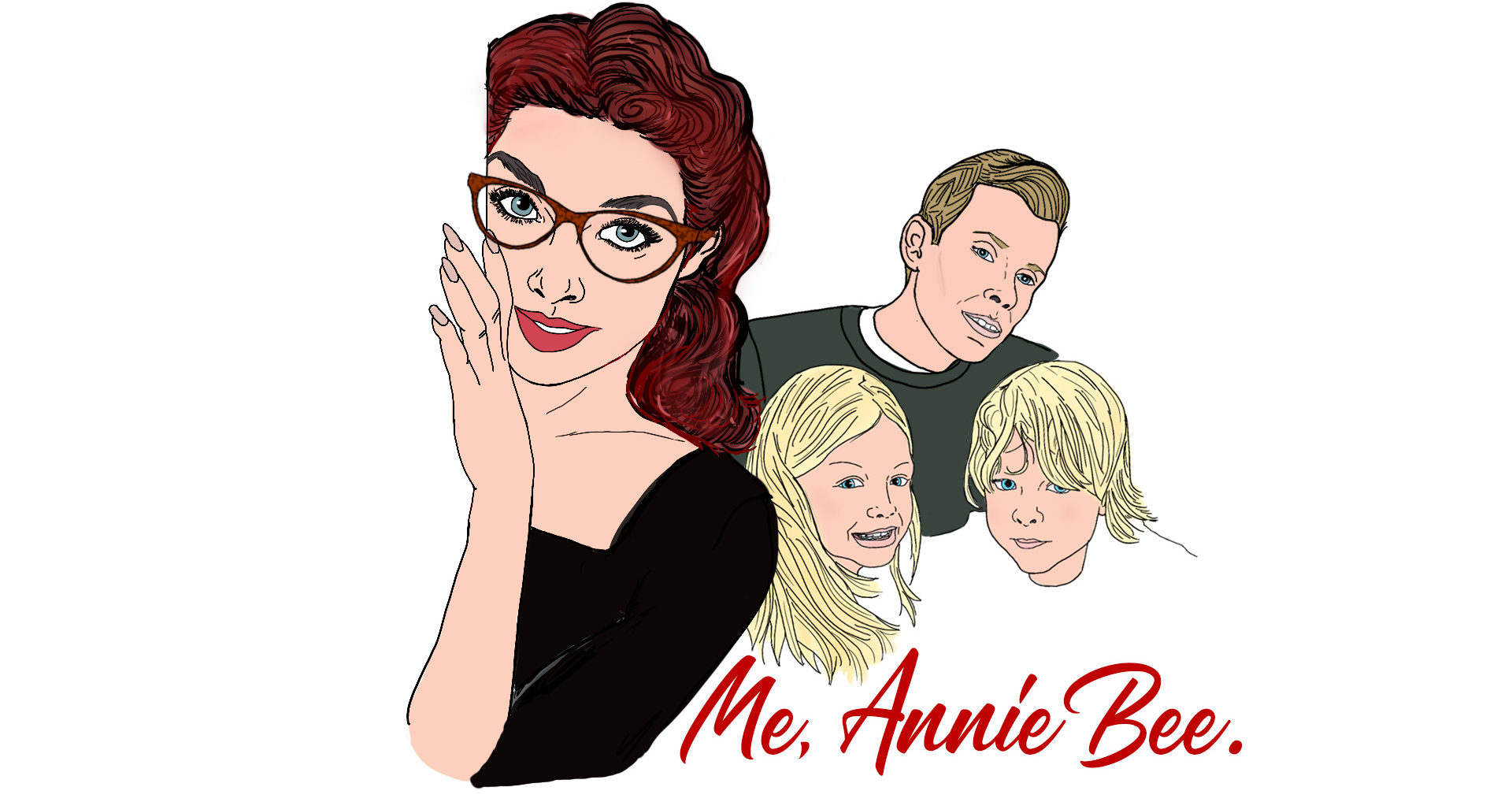
Alternative Ways To Have A Baby
Bringing a child into the world can be a profound and transformative experience. However, the path to parenthood is not always straightforward. While traditional methods such as natural conception and assisted reproductive technology remain popular, alternative avenues are available. Considering that 3.5 million struggle to have a baby, this piece delves into three alternative ways to embark on the joyous journey of parenthood.
Adoption
Did you know 6000 children are available for adoption annually in the UK? Further reports, however, indicate that only half get adopted in the same period, raising questions about what happens to the rest. Adoption provides a remarkable opportunity to give a child in need a loving and nurturing home. This option allows prospective parents to provide a stable and secure environment for a child, offering them the chance to grow, thrive, and flourish. Adoption typically involves thorough assessments, home visits, and rigorous screening to ensure compatibility between adoptive parents and the child. After a long wait, you can explore various adoption routes like other potential adoptive parents. Whether you adopt newborns, older children, or siblings, the choice is yours. Remember that doing this through local authorities or voluntary adoption agencies is more convenient.
Surrogacy
Before anything else, you should know that surrogacy is legal in the United Kingdom. However, it is illegal in France, Germany, Taiwan, and Spain. So, if you are a UK citizen living in another country, you must first find out about the legalities before proceeding with any surrogacy process. Indeed, it has growing popularity and high success rates in the UK, explaining why many couples use this route. In surrogacy, an agreement is reached between the intended parents and a surrogate. The latter carries the pregnancy on behalf of the intended parents. However, there are two types of surrogacy: traditional and gestational surrogacy. The former is where the surrogate’s egg is retrieved through egg donation. Meanwhile, gestational surrogacy is when the embryo is created from the intended parent’s genetic material. Sometimes, it can be through the use of donor gametes, so keep this in mind.
Fostering
Fostering presents a distinctive way to impact a child’s life meaningfully. There is a pressing need for foster parents in the UK, with statistics revealing that around 80,000 children live with foster families. Becoming a foster parent enables individuals or couples to provide a temporary, stable, and nurturing environment for children who may have experienced challenging circumstances. The fostering process involves thorough assessments, training, and ongoing support from fostering agencies or local authorities. Foster parents play a vital role in helping children to heal, grow, and develop, often becoming a significant and enduring presence in their lives. While fostering does not always lead to adoption, it offers an opportunity to make a positive difference in a child’s life and create lasting memories.
The above options are excellent alternative ways to have a baby, allowing you to embark on the journey of parenthood. You only have to find which works best for you.
Share the love.
Related

Are you addicted to social media?
You May Also Like

Are longer or shorter holidays better for families?
February 10, 2025
Weekly Winedown #16 Cuvee Tradition Cahors Malbec
August 18, 2017


